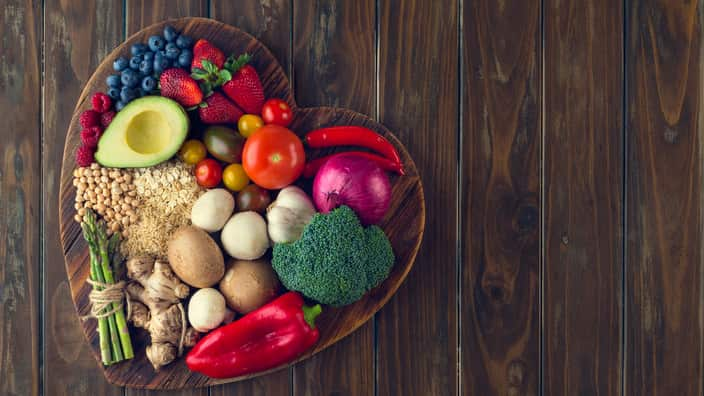Intermittent Fasting
According to Dr Angelica Logarta- Scott, intermittent fasting is not a diet but an eating pattern where one cycles between periods of eating and fasting.
She adds that the term intermittent fasting had already existed a thousand years ago when food wasn't readily available.
"In history , the ancient hunter gatherers only ate intermittently. They only ate base on opportunity. They don’t have agriculture, they used to hunt, they use their mobility as a survival strategy. Intermittent fasting is like a rebranding of the old practice that humans used to do."
Common types of fasting
There are many types of fasting according to Ms Scott such as:
16/8 method which involves fasting every day for about 16 hours and restricting daily eating window to approximately 8 hours.
18:6 is the type of fasting that requires fasting for 16 hours a day and consuming all calories during the remaining 8 hours.
20:4 method is eating very little for 20 hours per day, followed by a 4-hour overeating window in the evening.
5:2 is a type of fasting where one is allowed to eat a normal diet for 5 days, and skip eating for 2 days.
Alternate day fast is eating a regular diet for a day and then restricting energy intake the next day.
She adds that there are no hard and fast rule on fasting and she strongly recommends that people should do what's sustainable for them.
"It is best to do things sustainably and do the fast that would fit their lifestyle. Its important that you're able to sustain your dietary modification for a long time and stick with it."

Benefits of Intermittent Fasting
Ms Scott says that Intermittent Fasting has promising health benefits base on studies done:
Weight loss- Since there is a limited period of eating, incidentally it can lessen calorie intake
Decrease inflammation- Studies suggest that intermittent fasting may be effective at helping reduce inflammation and improve conditions associated with inflammation.
Improves sleep- Fasting in many ways helps the body stay well aligned for sleep.
Gives you more energy- research has found that fasting can improve the overall quality of your sleep.
Potential risk of Intermittent Fasting
While there are benefits, Ms Scott says there are also downsides.
"I think one of the downsides is that there are no set guidelines on intermittent fasting yet."
Ms Scott adds that some also tend to overeat following fasting periods. While others experience mental fog, heart burn, headache or some couldn’t stop their food cravings.
"Some eat unhealthy food. It's not only about scheduling, but also eating the healthy types of food."
Is intermittent fasting right for me?
Ms Scott says intermittent fasting is good to try if one is generally healthy but warns those who have health conditions to seek their doctor's advise first.
"Our bodies are different. Others have chronic condition, others are generally healthy. If you are healthy, then it's fine. But for those have health conditions, it's important to check with your doctor or dietician to make sure everything is okay."
She encourages those who are keen to include exercise in their health journey.
"It's great to mix it up with regular exercise so they can attain their health goals."
She also recommends adding complex carbohydrates and whole food in their diet and avoiding simple sugars and processed food as they are pro-inflammatory.
"Its important to remember that the body has a circadian rhythm. It's best that they do their eating window during the day or when they're awake because we burn more calories during the day compared to the evening. We have more thermogenesis happening during the day."





